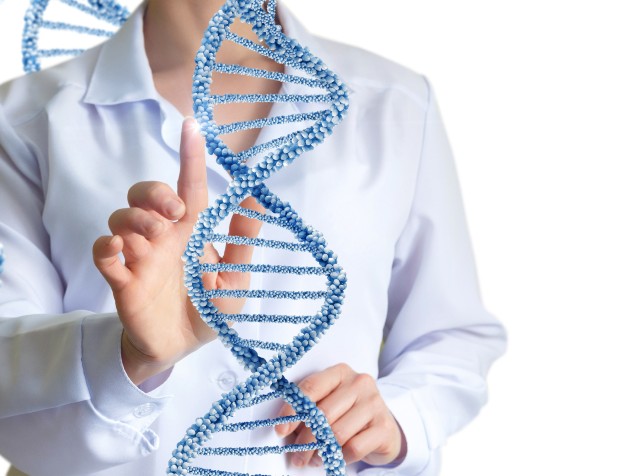Being diagnosed with a genetic disease can be challenging for many people and their families, but it is hoped new resources will help them feel more empowered and less alone.
After working with First Nations communities over a decade, National Centre of Indigenous Genomics deputy director Azure Hermes said she had heard many stories from people navigating genomic health services.
Subscribe for FREE to the HealthTimes magazine
"Patients and families were saying 'I'm finding it difficult to understand what a genetic counsellor is, I don't know what their job is', or 'I don't know the questions I should ask'," the Gimuy Walubara Yidinji woman told AAP.
"They'd say 'I only get 30 minutes and sometimes I'm not allowed to take a support person' or 'English is a third or fourth language and there's no interpreter'."
Associate Professor Hermes has seen an increase in Aboriginal and Torres Strait Islander people, including her own relatives, accessing these services but says there's a need for bite-sized, culturally safe information for families.
"I have relatives with rare disease and carers of children with rare disease and seeing how they've had to struggle through the system has been challenging for me to watch," she said.
"They've been very fortunate that they can rely on me to provide information, but I understand that not all families have access to someone like myself and the work that I do.
"I really wanted to contribute and help as many Indigenous families as we could."
The centre, alongside community organisations and with support from Australian Genomics, developed a series of animations, live videos and fact sheets exploring rare disease, DNA, genomics research and what to expect during appointments at a genetic health service.
The resources are being translated into Yolngu Matha, Anindilyakwa, Torres Strait Island creole, Warlpiri and Pitjantjatjara languages.
Prof Hermes said although the resources had been developed for First Nations communities, they could also be useful for clinicians and the wider community.
She hopes the resources help people to feel that they aren't alone after a diagnosis.
"After being diagnosed or a loved one being diagnosed with a rare disease you can feel alone and you can feel disempowered, but there are so many people there to help you," Prof Hermes said.












